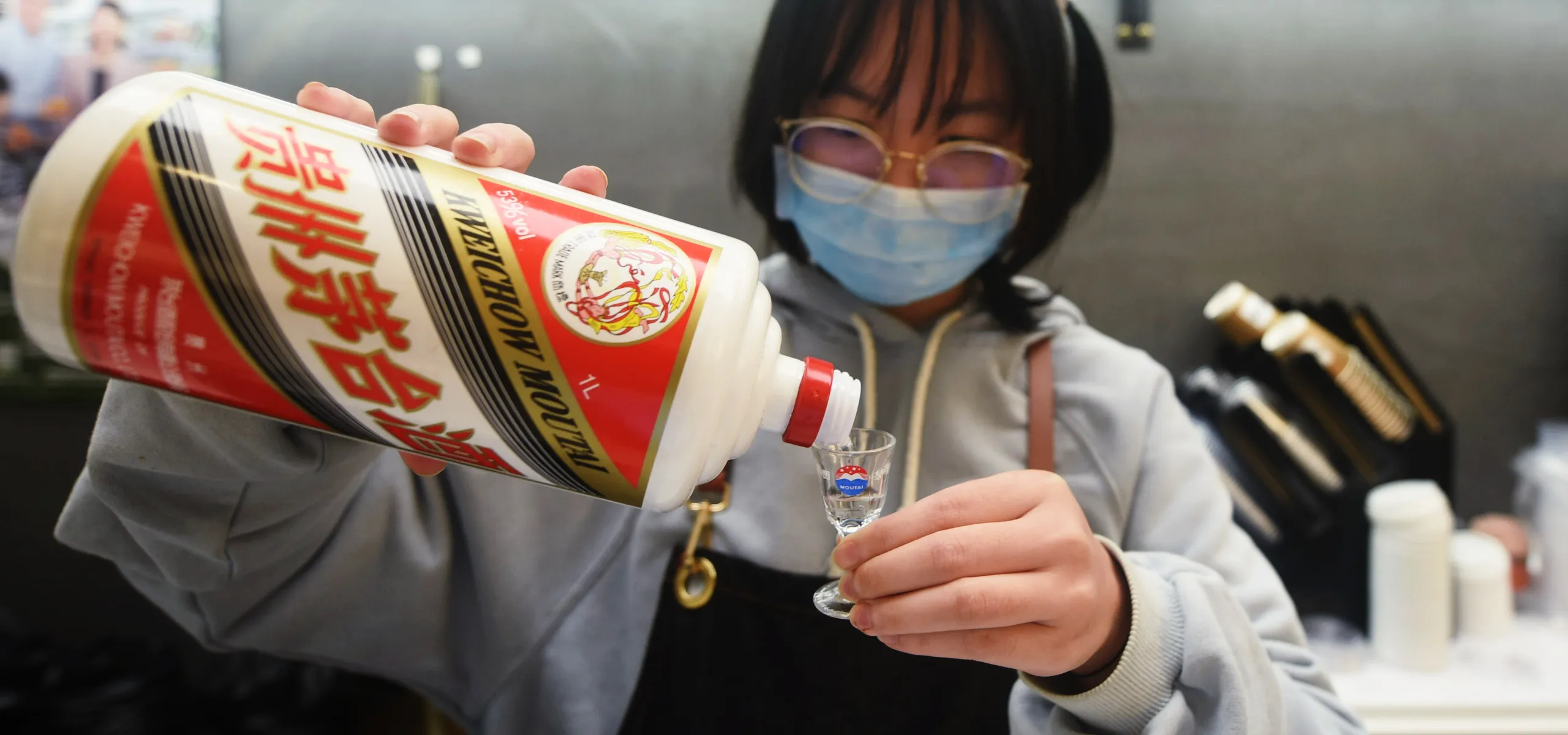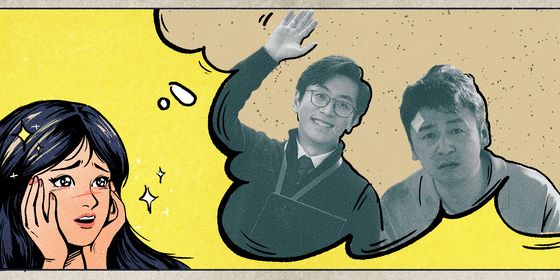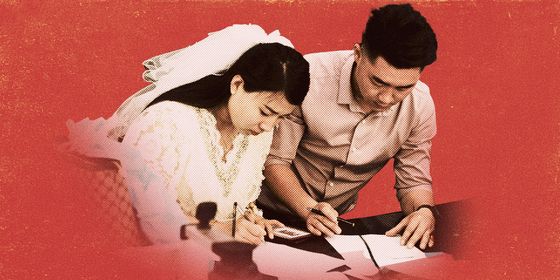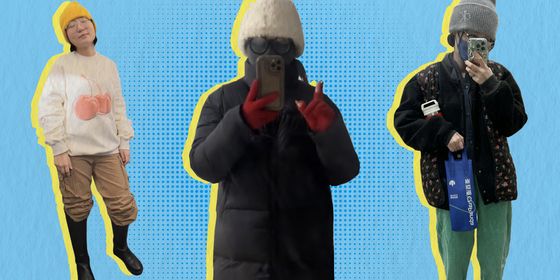China’s traditional liquor was supposed to be out of touch, but it’s proving the doubters wrong by adapting to the social media age
When young, trendy Chinese gather to drink these days, they sip on one of the country’s oldest liquors. “Baijiu is the best catalyst to get people to say what they really think. All my stress and unhappiness can be dissolved in a glass,” says Liu Ding, a 28-year-old salesperson from Beijing. “Not every alcohol can achieve this. We have to drink a lot of beer just to get tipsy, which also makes us bloated, and we’re not used to wine. So baijiu is our go-to alcohol.”
Baijiu (白酒), a fiery 40 to 60 percent alcohol sorghum-based Chinese liquor with centuries of history, was supposed to have fallen out of fashion with young drinkers like Liu. For decades, it had a reputation as the drink of the middle-aged, brought out during business banquets in which men smoked, toasted, and made deals. That posed a problem for baijiu brands—many assumed they would slowly lose their market share to beer, wine, alcopops, and Western liquor brands that targeted younger drinkers.
But baijiu is unexpectedly flourishing again, with Chinese youth finding the drink more attractive than ever. According to e-commerce giant JD.com’s “Report on Baijiu Consumption during the First Quarter 2022,” 21- to 30-year-olds accounted for 23 percent of baijiu consumers on the platform in the first half of this year, up 3 percentage points year on year; while 41- to 50-year-olds accounted for 21 percent, down 1 percentage point from the previous year. The largest group of consumers are 31- to 40-year-olds, who have relatively higher incomes and a more stable living environment, but younger generations are gaining an unexpected taste for the liquor their dads traditionally sipped.
Brands have adapted to these changing consumer habits, taking pains to market their drinks not just to wealthy middle-aged people, but to youngsters active on social media and on the hunt for new trends. They have unveiled crossover products, like baijiu-flavored confectionery and even baijiu-themed hotels, and tried to break down the barriers of drinking tradition and etiquette to promote the idea that baijiu is a symbol of fun and can resonate with more relaxed drinking environments younger drinkers tend to enjoy.
“I used to think baijiu was ‘traditional’ and ‘historical,’ belonging only to people like my father and grandfather, and almost irrelevant to young people,” says Zhang Yinglong, a 23-year-old student in Jiangsu province who drinks baijiu with friends or even alone sometimes. He tells TWOC that recent marketing campaigns by different brands have helped change his mind, citing baijiu-flavored ice cream released by Kweichow Moutai, China’s largest baijiu brand founded in 1951, and slogans used by newer brands like Jiangxiaobai that reflect what young people “are thinking and what we want to express.”













